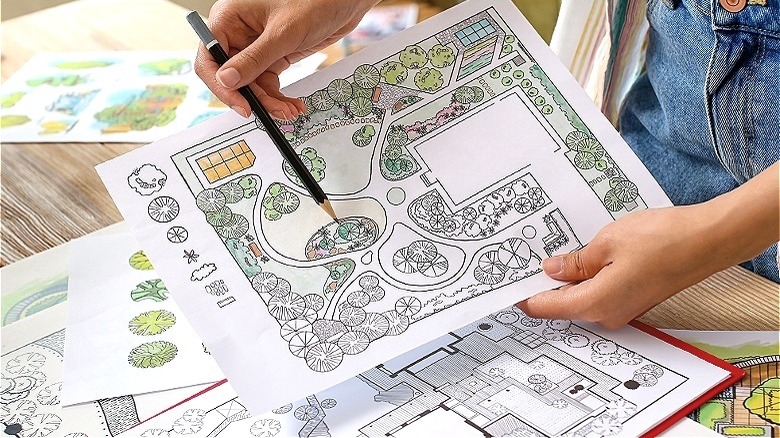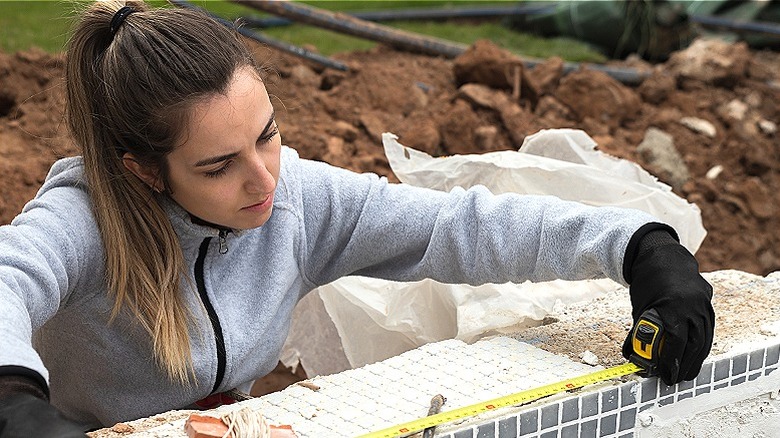Does this gardening story ring any bells? You decide to put in raised beds for tomato plants in the spring. You fill a bunch of flats with tomato seeds, and soon discover you’re out of room in the beds. So you pull some plastic pots, and after two weeks (and three bags of potting soil), you have 10 new raised beds surrounded by 50 pots filling every available spot in your garden. Before long, you’re falling behind in the race to keep them all watered and properly supported. What you’ve just experienced is one form of what project managers call “scope creep” – the phenomenon of a project growing unchecked from its original plan.
“Scope” is your plan: the goals, schedule, budget, and the actual tasks involved. Every project starts with goals. In the case of a garden, ask yourself: What do you hope to accomplish by the end of the project? For example, one goal might be to grow extra tomatoes this year, for, say, canning or giving to family or selling at a farmers market. How does that goal fit with your other goals, such as maybe enjoying gardening as a hobby or bringing more peace and beauty into your life? If your garden, or some aspect of it, becomes unmanageable and overwhelming due to scope creep, you’re not going to get much enjoyment from it, which means you’re not going to meet at least one of your goals.
Be clear about your plans

One key to managing scope creep is having a clear goal and a specific, thorough plan and sticking to the parameters of that plan. The conventional wisdom is that a project is most likely to get out of control if you haven’t carefully defined it. By setting limits, you’re encouraging clarity. For example, before you start to plant your tomato plants, figure out how many you can actually fit into the space you have, and don’t go beyond this number. Also, set a start and end date for the project and add milestones throughout the project to keep you on task and on schedule.
One major parameter of any project is the budget. Prior to the start of your project, set a budget and stay within it. This can help you avoid falling into a scope-creep situation. What this means is, is that once that envelope marked “Raised Bed Cash” is empty, don’t try to construct any more raised beds. If you only get eight of the 10 you had hoped to build completed, you make it through the season with only eight. The alternative is borrowing time from the next stage or the next project, and you probably won’t catch up until something ends badly.
‘Scope creep’ and stakeholders

A stakeholder in project management refers to anyone who cares about how the project is going; specifically, if things are going well, milestones, deadlines, etc. Sometimes, though, stakeholders will have requests; that is, changes to the agreed-upon project midway through. In the case of a home garden, that stakeholder is you. You’re in charge of the project, and you sometimes, therefore, need to remind yourself of the project’s original scope. If you don’t, your garden could end up derailed by scope creep.
You’re most likely to fall into this trap when things are going well. You’re under budget and on schedule, so why not add that drip irrigation system you were going to put off until next year? A few days later, though, you’re suddenly struggling to accommodate this new request. You’re now over budget, behind schedule, and still losing ground as you begin to wonder if this is really one of the best ways to water a raised bed.
Being hard-nosed about scope creep protects you and your garden, so be clear about your goals and have a concrete plan. You don’t need a business plan or even a project plan, but you do need some way of recognizing when a larger scope is creeping in. This doesn’t mean you can’t change your plan; it means that if you do, you must account for a ripple effect (on budget, schedule, your enjoyment, etc.) before you let the scope creep too far away from reality.



